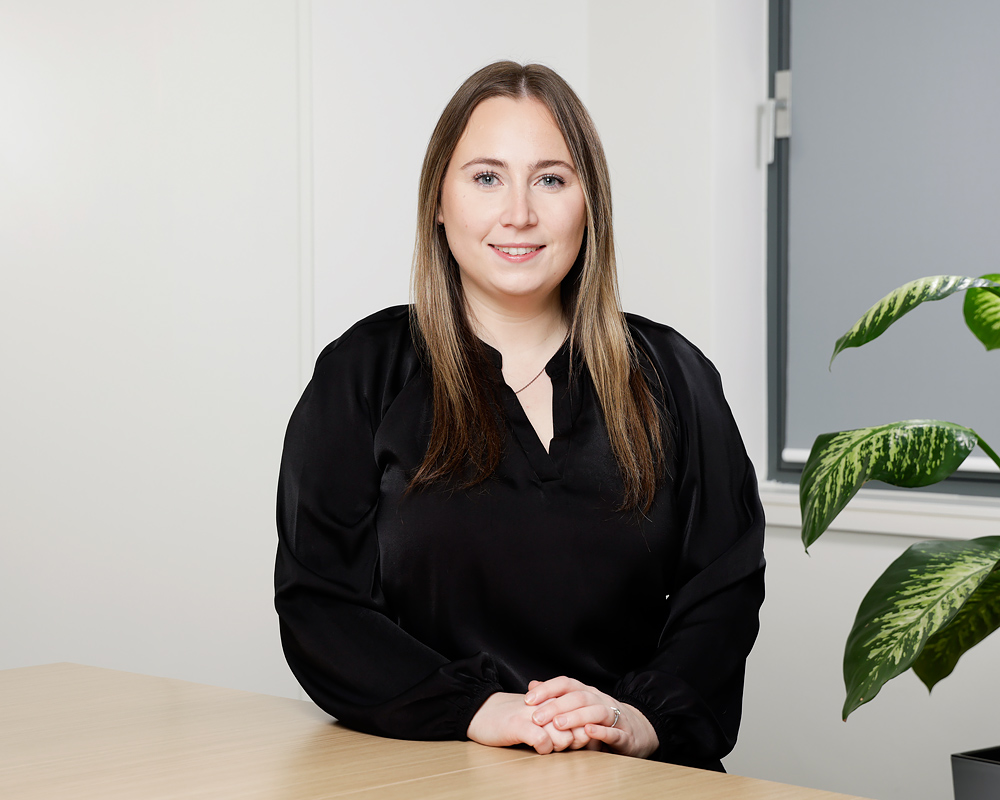Separating from your child’s other parent can be one of the most difficult and stressful experiences in life. Amber Kennedy, an expert in parental legal rights, shares key legal considerations for parents contemplating separation.
Prioritising your child’s needs
The best starting point is for both parents to collaborate and decide what arrangements will work best for their child. In some cases, an equal time-sharing arrangement may suit your family dynamic. Focusing on your child’s well-being rather than parental “rights” often leads to better long-term outcomes.
For helpful guidance, consider downloading the free Parenting Through Separation Guide from Resolution, a community of family justice professionals.
Can One Parent Prevent the Other from Seeing Their Child?
The law presumes it is in a child’s best interests to maintain a meaningful relationship with both parents, unless there is evidence that such involvement could cause harm. Active participation from both parents generally supports a child’s emotional and psychological development.
However, if there are safeguarding concerns, the court may decide to restrict contact to protect the child’s welfare. A court may prevent contact in cases involving:
- Domestic abuse
- Substance abuse
- Other behaviours that pose a risk to the child
In some situations, supervised or supported contact may be appropriate. This can involve the presence of extended family members or contact centre staff to ensure the child’s safety. If face-to-face contact is not safe, indirect contact through phone calls or letters may be considered.
If you are being prevented from seeing your child, it’s crucial to seek specialist legal advice promptly. Resolving disputes swiftly can make it easier to rebuild your parent-child relationship.
Understanding Co-Parenting
Co-parenting involves both parents working together to make joint decisions about their child’s upbringing. This collaborative approach creates a calm and stable environment, benefiting the child’s emotional well-being. Effective communication and shared decision-making are hallmarks of successful co-parenting.
What Is Parallel Parenting?
When communication between parents is challenging due to high conflict, parallel parenting may be a more suitable approach. This method allows both parents to remain actively involved in the child’s life while minimising direct interaction.
With parallel parenting:
- Each parent makes day-to-day decisions independently when the child is in their care.
- Communication is limited to essential matters, such as medical or educational concerns.
- The child benefits from a relationship with both parents, without exposure to ongoing conflict.
While parallel parenting can be beneficial in cases involving domestic abuse or significant conflict, parents should be mindful of how differing parenting styles might affect the child’s sense of stability.
Seek Legal Support
Understanding your legal rights and responsibilities is essential when navigating separation. Consulting with a family law specialist like Amber Kennedy can provide tailored advice to protect your child’s best interests.
For more information or personalised legal support, contact a legal professional experienced in family law matters.

